- Home
- slideshows
- miscellaneous
- Apple may be working on a new pair of high-end headphones to rival Bose and Sennheiser - here's everything we know about them so far
Apple may be working on a new pair of high-end headphones to rival Bose and Sennheiser - here's everything we know about them so far
Apple may launch the new headphones in the first half of 2020.

No one knows what they'll be called, but some have speculated that they could be branded as "StudioPods" or "AirPods X."
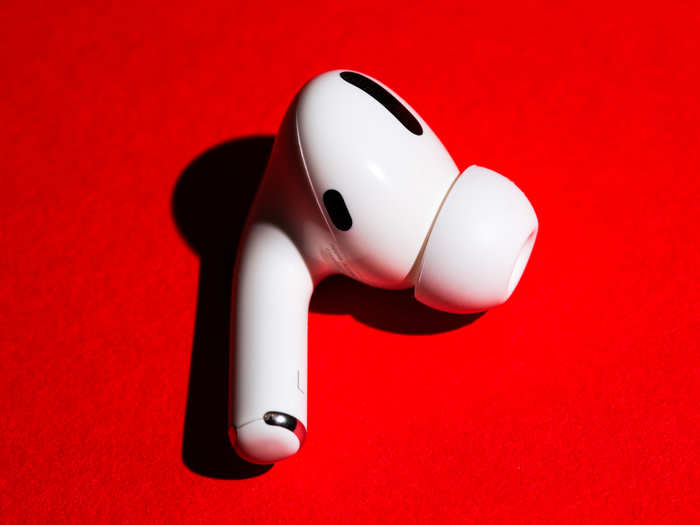
Although we haven't any substantial leaks indicating what the product would be called, many tech outlets have speculated that they could be called "StudioPods," likely a move to remain consistent with the AirPods and HomePod branding while still communicating that they're for those in search of high-end audio.
The listing in Target's inventory system that was recently shared by Prosser included a reference to "AirPods (X Generation)," but even if the listing is accurate it's likely a placeholder. .
They'll likely be expensive.
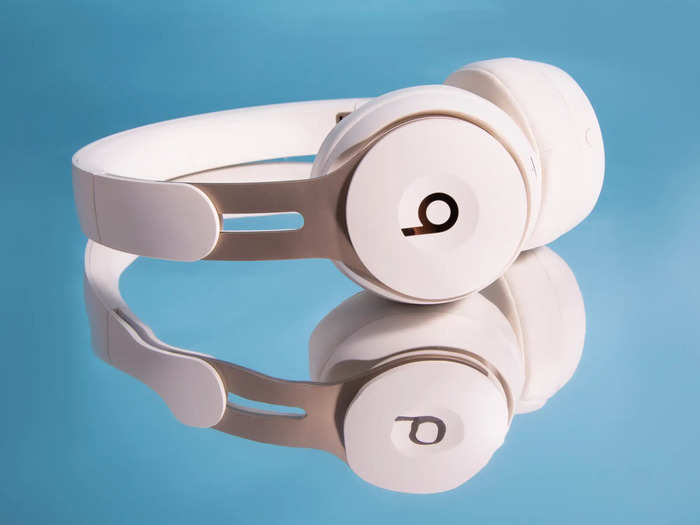
Kuo has described the headphones as being "high-end," while Bloomberg wrote that they will compete with "pricey" models from firms like Bose and Sennheiser. The new headphones would serve as a more premium alternative to Apple's Beats line, according to Bloomberg.
Some wireless headphones from those companies can cost around $400, like the Bose Noise Cancelling 700 and Sennheiser Momentum 3 Wireless. If Apple is launching a new pair of headphones to compete with such models, they'll likely be far more expensive than the $250 AirPods Pro.
The leaked Target listing discovered by Prosser also suggests these new headphones could cost $400.
The over-ear headphones were originally intended to launch in 2018, but were reportedly pushed back because of development challenges.
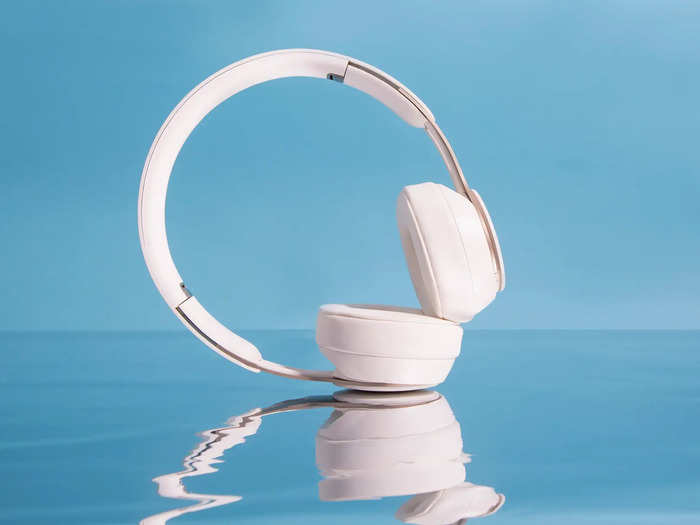
That's according to Bloomberg, which also reported that Apple had faced similar development issues with creating the HomePod smart speaker it released in 2017. It's unclear precisely what caused the setback, but Bloomberg's report says Apple may redesign the headphones or even scrap the project entirely.
The new headphones will likely have a lot of the same qualities as AirPods, like easy pairing with Apple devices.
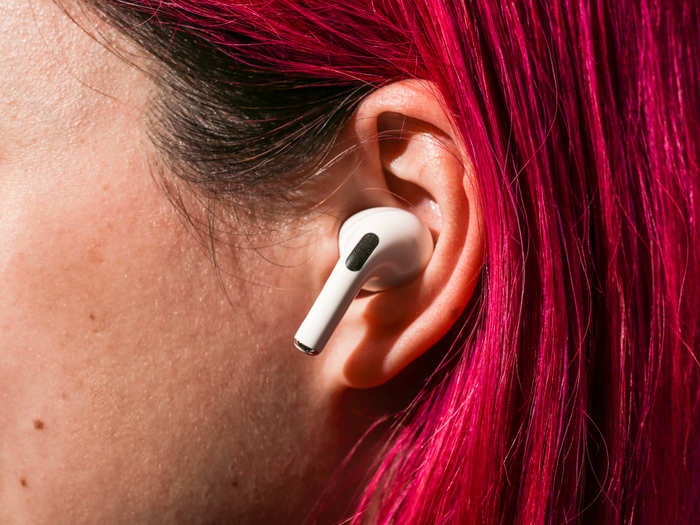
If Apple does release a new pair of over-ear headphones, there's a good chance they will have some of the AirPods' hallmark features — such as quick pairing with Apple devices, for example.
In his brief description of what the product may entail, Kuo wrote in a note from early 2018 that the headphones would be as "convenient as AirPods," as MacRumors reported at the time. Bloomberg also reported that the AirPods' quick-pairing feature would likely make it to the company's over-ear headphones as well.
With its AirPods, Apple pioneered the idea of having Bluetooth headphones automatically connect with a mobile device after pairing for the first time — an approach that rivals like Samsung have since replicated with their own wireless earbuds.
But the sound quality will probably be much better.
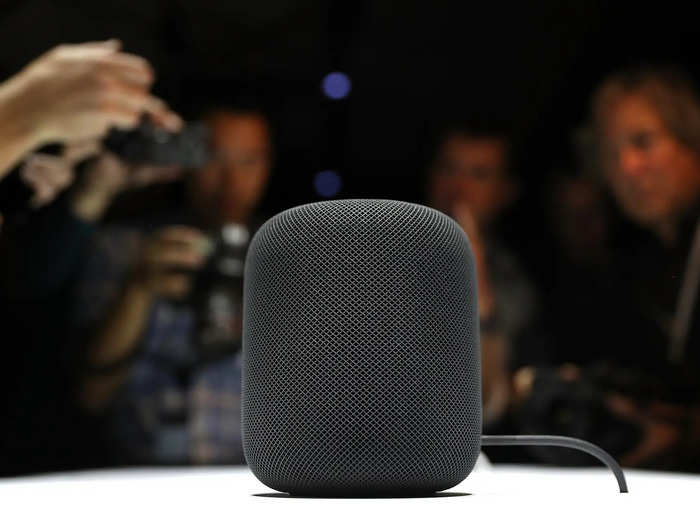
Reports from both Kuo and Bloomberg suggest that the new headphones would offer superior sound quality compared to Apple's AirPods. The company is said to be taking an approach that's similar to the strategy it implemented with its HomePod speaker from 2017.
Apple's HomePod includes a custom woofer designed by the company and seven beam-forming tweeters, so it's possible that if it were to launch a pair of headphones it would include similar custom components.
When Apple debuted the HomePod in 2017, it positioned it as being a premium alternative to voice-activated speakers like Amazon's Echo and the Google Home for customers who prioritize high-end audio. At the time, high-end speakers that supported a digital assistant like Amazon's Alexa or the Google Assistant were somewhat rare.
But an increasing number of audio companies, like Sonos, have since added support for voice-activated assistants, and both Amazon and Google have released new speakers of their own that emphasize audio quality. As such, it's been difficult for the HomePod to gain traction in the market.
Popular Right Now
Popular Keywords
Advertisement